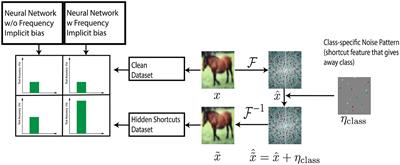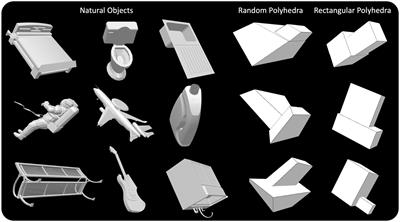EDITORIAL
Published on 09 Dec 2024
Editorial: Symmetry as a guiding principle in artificial and brain neural networks, volume II
doi 10.3389/fncom.2024.1527725
- 143 views
1,478
Total downloads
21k
Total views and downloads
Select the journal/section where you want your idea to be submitted:
EDITORIAL
Published on 09 Dec 2024
ORIGINAL RESEARCH
Published on 20 Jun 2024

ORIGINAL RESEARCH
Published on 15 Apr 2024

METHODS
Published on 21 Dec 2023

ERRATUM
Published on 01 Sep 2023
ORIGINAL RESEARCH
Published on 15 Jun 2023

ORIGINAL RESEARCH
Published on 04 May 2023


Frontiers in Artificial Intelligence
Frontiers in Big Data